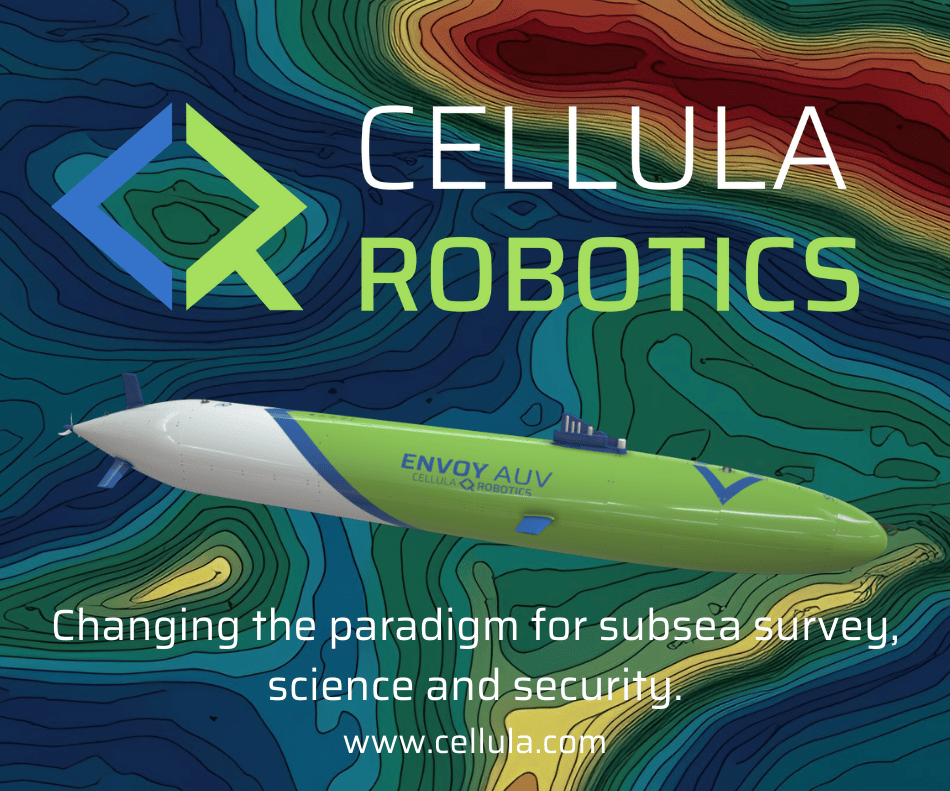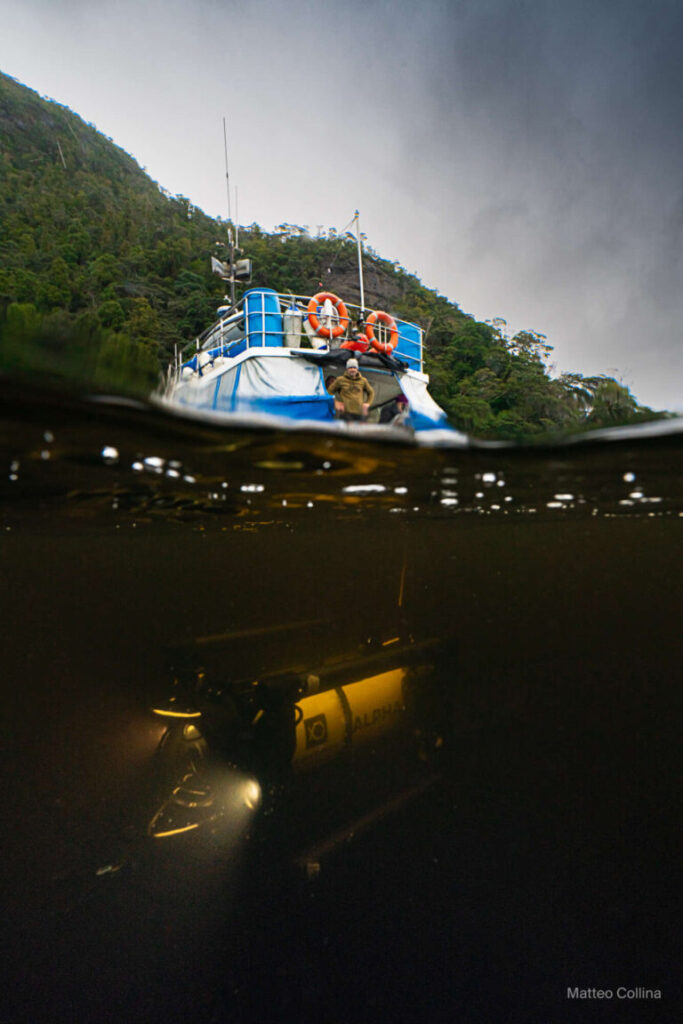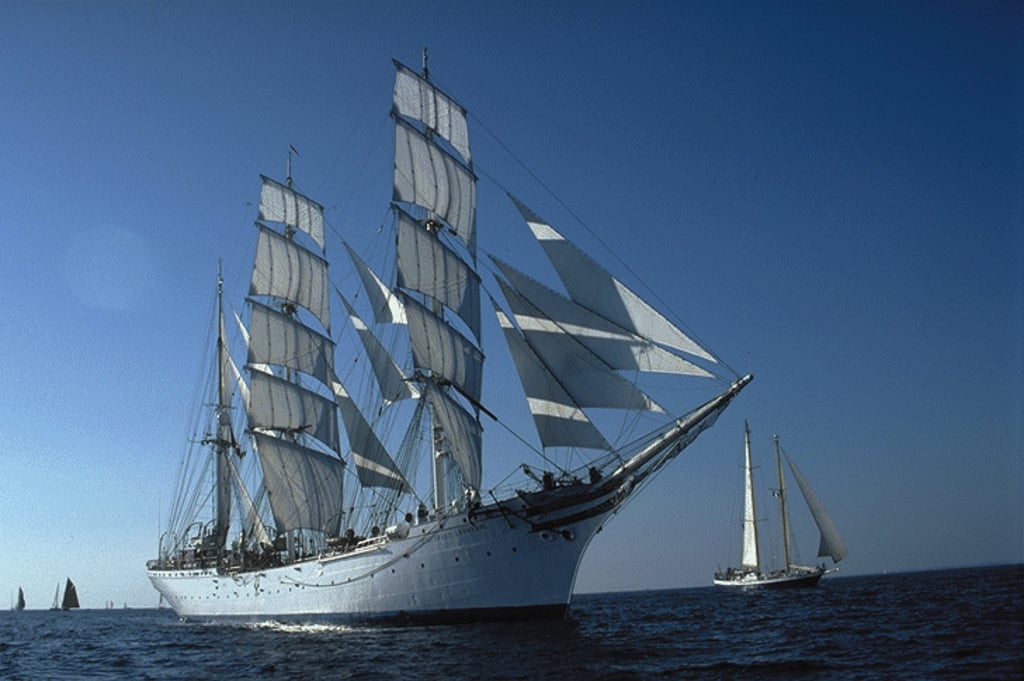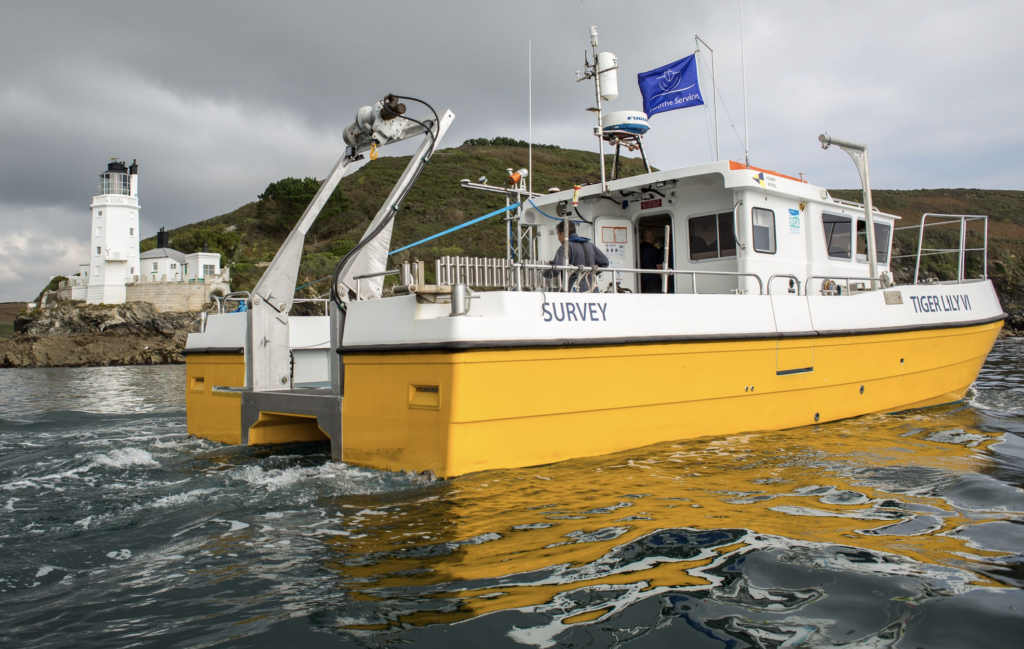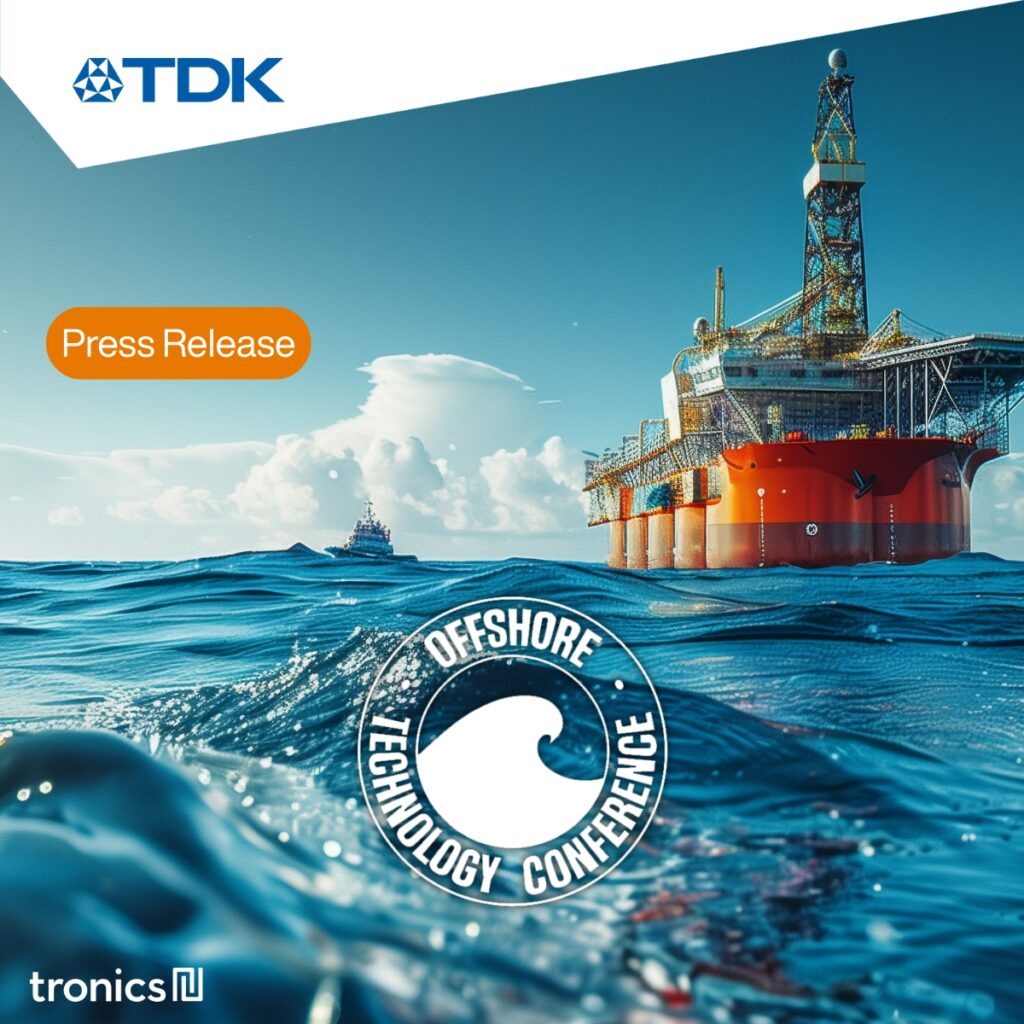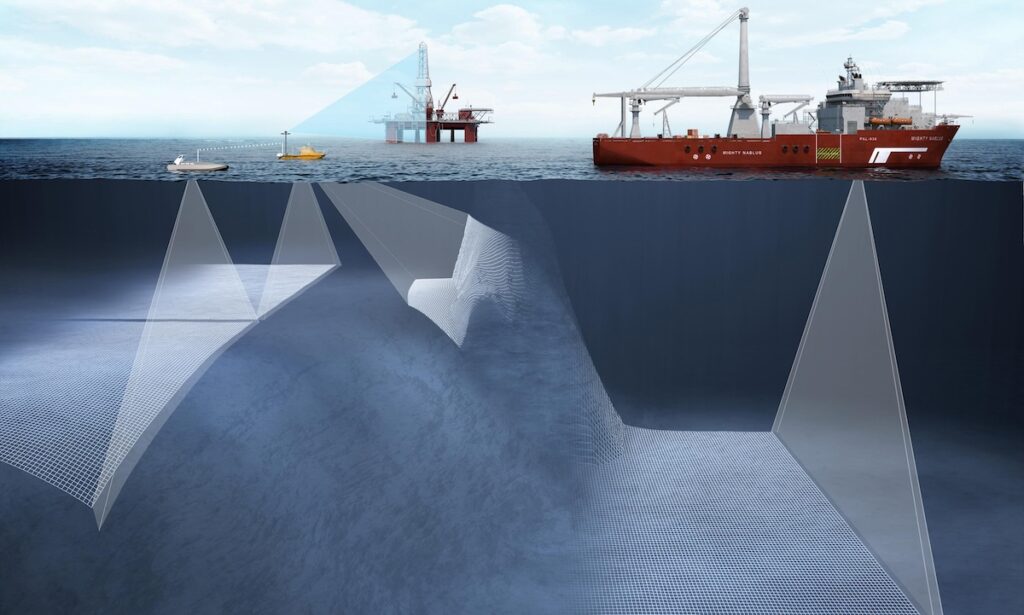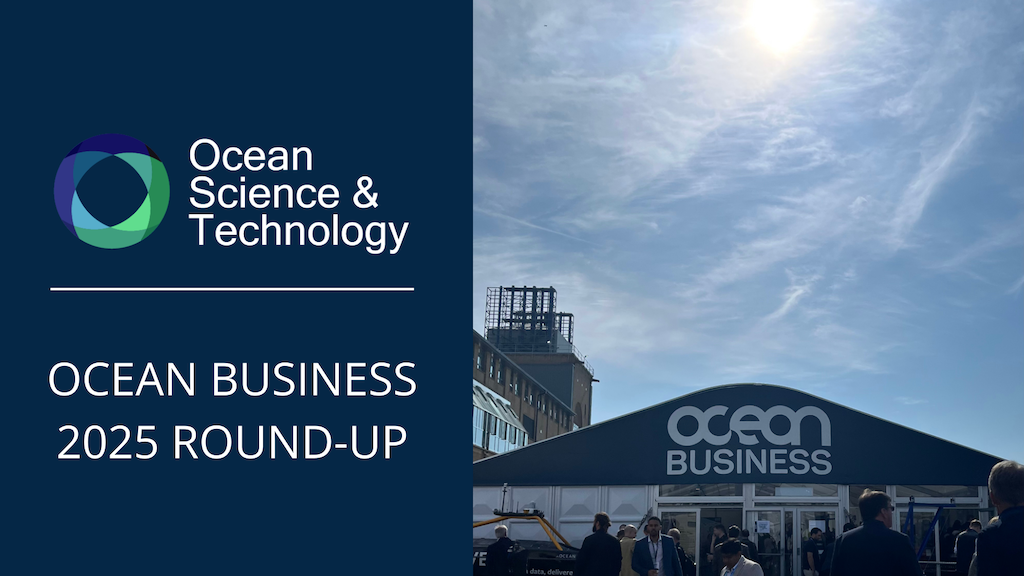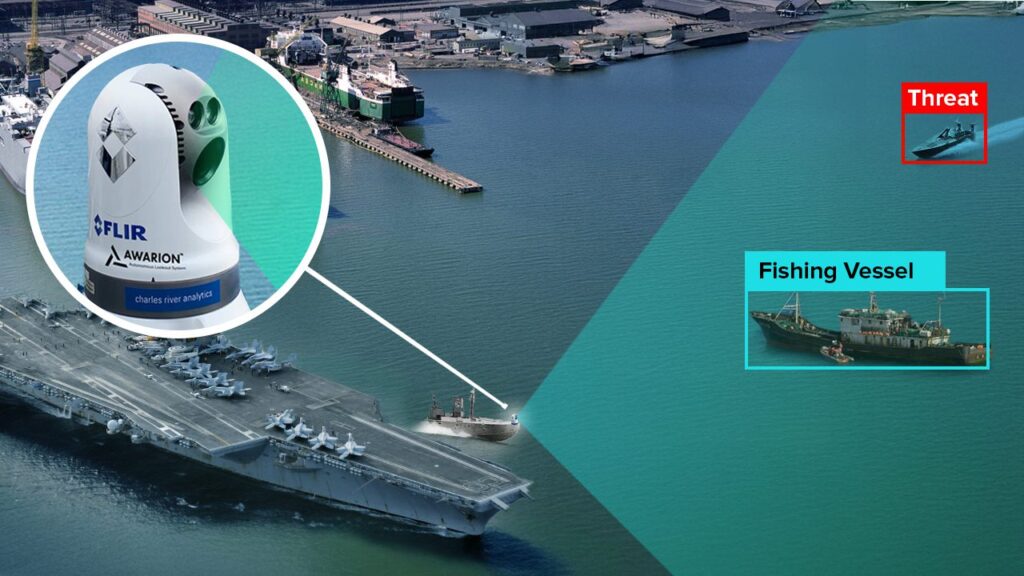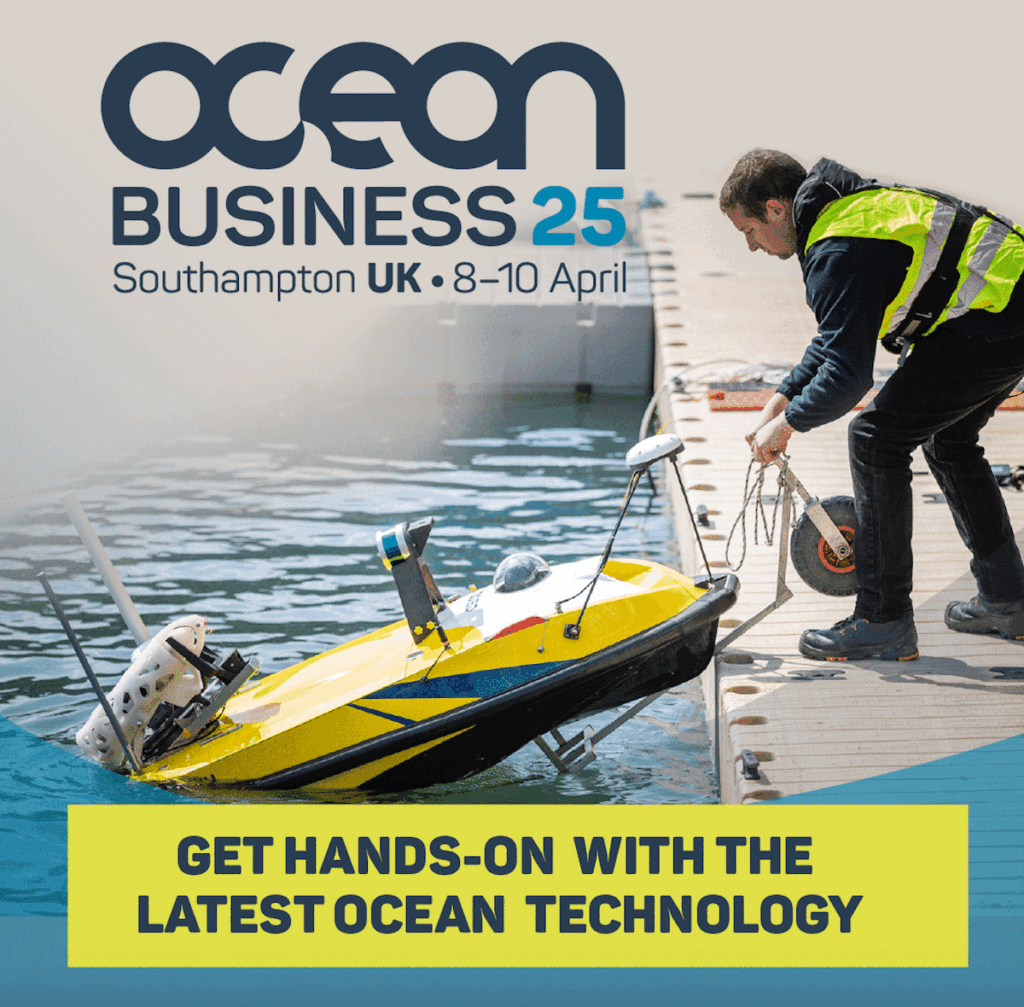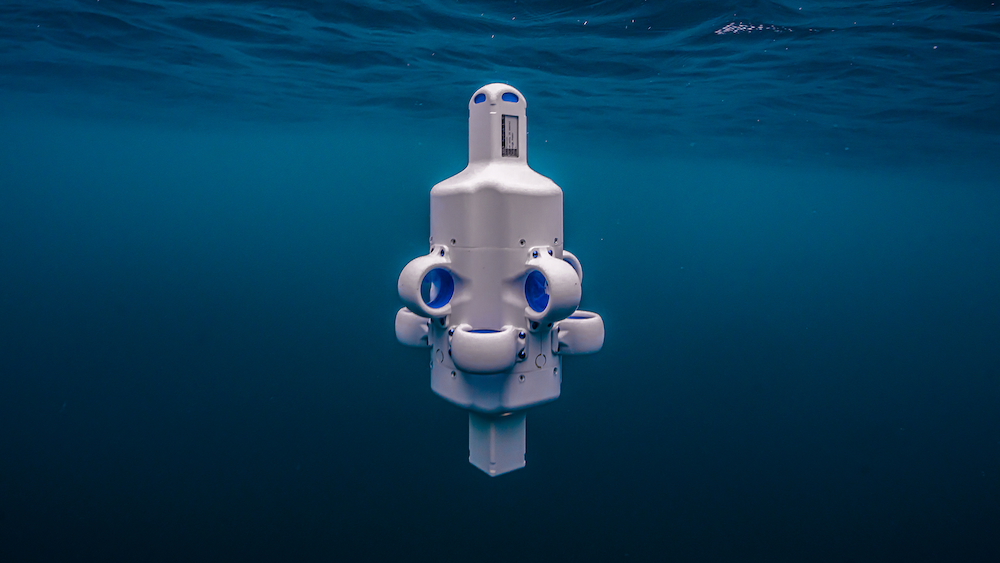
Autonomous Underwater Vehicles
Discover cutting-edge solutions from 8 leading global suppliersExail, RTsys, and ABYSSA have partnered in the CARMA (mineral resources mapping by AUVs swarms) project, aiming to develop an innovative solution for precise seabed surveying at great depths.
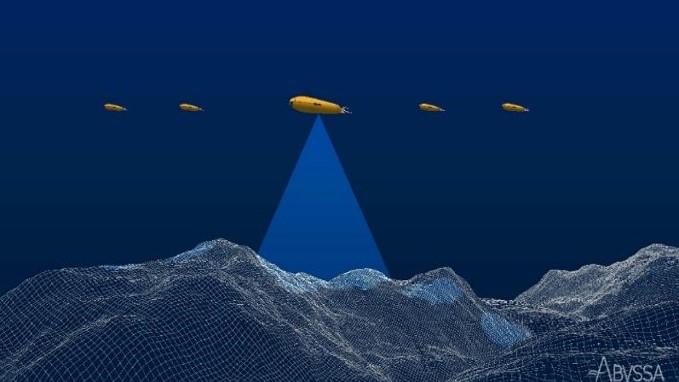
The CARMA project focuses on developing swarms of autonomous underwater vehicles (AUVs) for efficient ocean floor mapping.
The ongoing project development involves creating a solution in which a multi-sensor underwater drone, capable of diving to 3,000 meters, will coordinate multiple AUVs in order to increase the surface of the exploration area.
As part of this strategy, Exail will improve the capabilities of its deep-water AUV A18-D to serve as the AUV to guide the swarm. Improvements will enable navigation down to 3,000 meters, at close altitude from the seabed over sloped terrains, and to accurately geolocate swarm’s acquired data.
RTsys will extend the capabilities of its newly developed AUV COMET-3000 to dive up to 3,000 meters. Multiple units will be provided to act as followers, along with the development of an innovative launch and recovery system for the AUV swarm.
ABYSSA will focus on developing exploration strategies for deep-water swarms of AUVS, and will process the magnetic data collected to map the magnetic anomalies on the seabed.
The research program also includes the development of advanced collaborative navigation, acoustic communications, positioning, and innovative mapping capabilities. CARMA supports the French authorities’ strategy to develop extensive deep-sea exploration capacities.
This project will result in the deployment of an operational demonstrator at sea in 2026, paving the way for future commercial phases. Concurrently, the CARMA project will carry out a preliminary study on extending exploration capacity to 6,000 meters depth. The project is co-funded by Bpifrance under the #France2030 initiative.
Catherine Pikovsky, project manager at Exail, commented; “We are pleased to announce our collaboration with ABYSSA and RTsys in the innovative CARMA project, where we combine our technological expertise.
“As we push the boundaries of autonomous underwater exploration, we enhance the capabilities of our deep-water AUV A18-D to navigate close to the seabed. Leveraging pack piloting techniques and advanced navigation algorithms, we lead the way towards a precise seabed surveying down to 3,000 meters, reflecting our dedication to innovation and advancing deep-sea exploration.”
Marine Postec, project manager at RTsys, said; “Thanks to this project we have the opportunity to work on the development of an AUV swarm operating at 3,000 meters depth. This allows us to enrich our expertise, innovate in the deep-sea field and demonstrate our swarm capability. The studies conducted thanks to the AUV swarm will provide scientific knowledge and contribute to the inventory of underwater heritage.”
Michel Colinet, Deputy CEO at ABYSSA, added; “We are defending the principle of the AUVs swarm, winner of the 2015 Global Innovation Competition, because it enables oceanographers to carry out extensive and accurate non-intrusive mapping in deep, little-known areas.”



